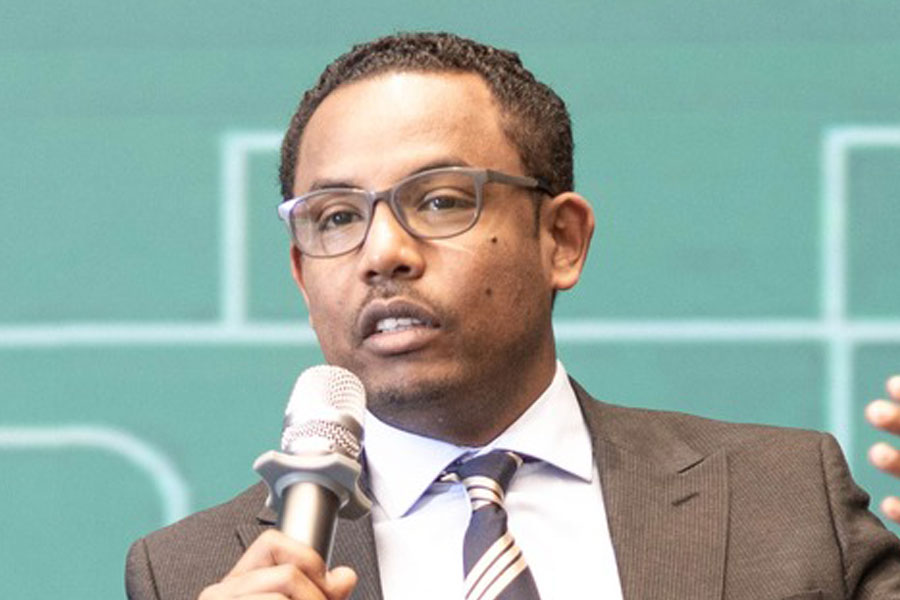
Fortune News | Dec 08,2024
Nov 14 , 2020
By FASIKA TADESSE ( FORTUNE STAFF WRITER )
The first five directives that will enable the Ethiopian Communications Authority to launch a request for proposal for the issuance of two new telecommunication licenses are set to be approved in 10 days. The Authority, which is in charge of regulating the communications services, is scheduled to hold a final discussion this week on the draft directives that were availed for stakeholder consultations.
Communications licensing; collocation and infrastructure sharing; quality of service; telecommunications networks interconnection; and telecommunications numbering are the directives set to pass. The Universal Access & Service Framework, which requires telecom operators to cover 98pc of the population with voice call and text message services in five years, is also required to be enacted before the bidding process started.
All the legal frameworks are needed for the preparation of the request for proposal (RFP) document.
Upon the approval of the directives, the Authority will launch RFPs for the companies that showed interest to join the telecommunications business of the country, which has been monopolised by the state company for over 125 years.
"We need these legal frameworks to be approved before launching the RFP, which has reached the final stage of preparation,” Balcha Reba, director-general of the Authority, told Fortune.
Since May, the Authority has availed 12 draft directives, a regulation and a framework for public consultation in three rounds. The consultation period was closed two weeks ago, and the Authority stepped up to hold a final virtual briefing with stakeholders, who gave comments on the draft directives. The session, scheduled to be held on November 16, 2020, is expected to be attended by 150 participants including individuals, potential bidders and experts in the telecommunications industry.
"We've gone through all the collected feedback and suggestions," said the director-general of the Authority, which also drafted directives for conflict resolution, SIMcard registration and rooming services. "And we incorporated the points that we believe to be legitimate and valid."
During the meeting, the Authority will update the stakeholders concerning which comments were taken into account and which did not occur along with the reasons.
Comments from stakeholders include replacing vague wordings that were open for interpretations, elaborating on the non-specific points, as well as addressing overlooked points among others, according to Balcha.
Tabling the legal framework for to the board of directors of the Authority for final approval will follow the discussion, according to him.
After the board approves the directives, the Authority will launch the request for proposal that will stay open for 90 days. For the expression of interest that was launched a few months ago, Global Partnership for Ethiopia, a consortium of telecom operators comprised of Vodafone, Vodacom and Safaricom; Etisalat; Axian; MTN; Orange; Saudi Telecom Company; Telkom SA; Liquid Telecom; and Snail Mobile have shown interest in obtaining licenses. Kandu Global Telecommunications and Electromecha International Projects are also the two non-telecom operators that expressed intent to invest in Ethiopia.
The two winning companies, along with the incumbent Ethio telecom, will get a 15-year license that will enable them to provide combined services for mobile, internet and fixed line services.
The Authority also availed a daft regulation for the establishment of a universal access fund, which raises fees from the telecom operators and companies in the country that are expected to commit 1.5pc of their annual gross revenues to improve telecom access in the country. Besides, it is in the process of preparing four more directives ahead of issuing the two licenses.
The International Finance Corporation (IFC), which was contracted as a transaction advisor, is assisting the Authority in the process. IFC has also hired four international consultants in charge of the technical aspects; taxes and auditing; and the legal and communications issues.
The process has been paused for a few weeks until multi-round consultative meetings were held with the public, opposition party leaders, as well as industry operators. A month ago, Prime Minister Abiy Ahmed (PhD) gave the green light to proceed with the privatisation and liberalisation processes of the telecom industry.
Terrefe Ras-Work, a telecom expert with four decades of experience working as a consultant for International Telecom Union, argues that it is not good timing to launch the expression of interest. He indicated the ongoing conflict in the northern part of the country could pose a negative impact on the process.
"Companies will lose appetite to buy a license," he said. "Even those who decide to come will offer low prices."
Terrefe also has fears that the timing might allow companies that wish to join the industry for political purposes rather than business. He says that foreign companies might use the communications business to listen to the heartbeat of the people, arguing that many African countries compromised their sovereignty after they let in foreign telecom operators.
The policymakers, who believe bringing new telecom operators on board will create competition and ensure the quality of service, say that they are working on stringent legal frameworks that efficiently protect the national interest and prevent sabotage.
"Even we're told that the incident that occurred in Tigray Regional State was done after the communications lines were cut off," Terrefe said.
PUBLISHED ON
Nov 14,2020 [ VOL
21 , NO
1072]

Fortune News | Dec 08,2024

Fortune News | Jul 13,2024

Radar | Apr 30,2022
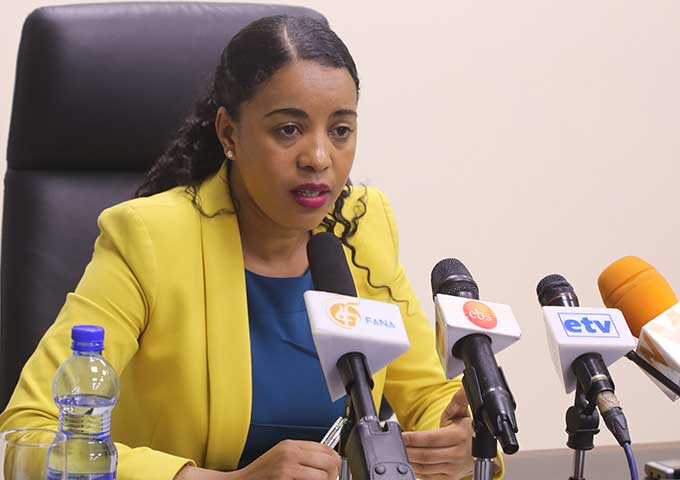
Fortune News | Mar 21,2020

Radar | Jul 13,2025
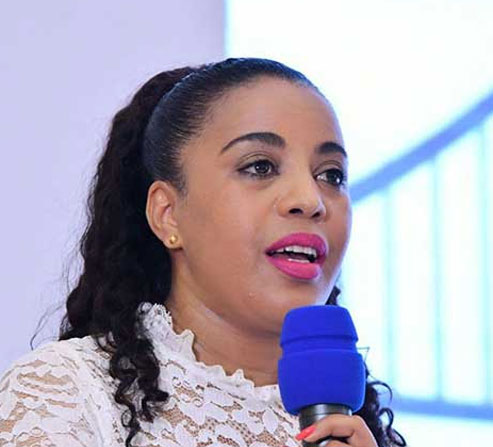
Radar | May 29,2021

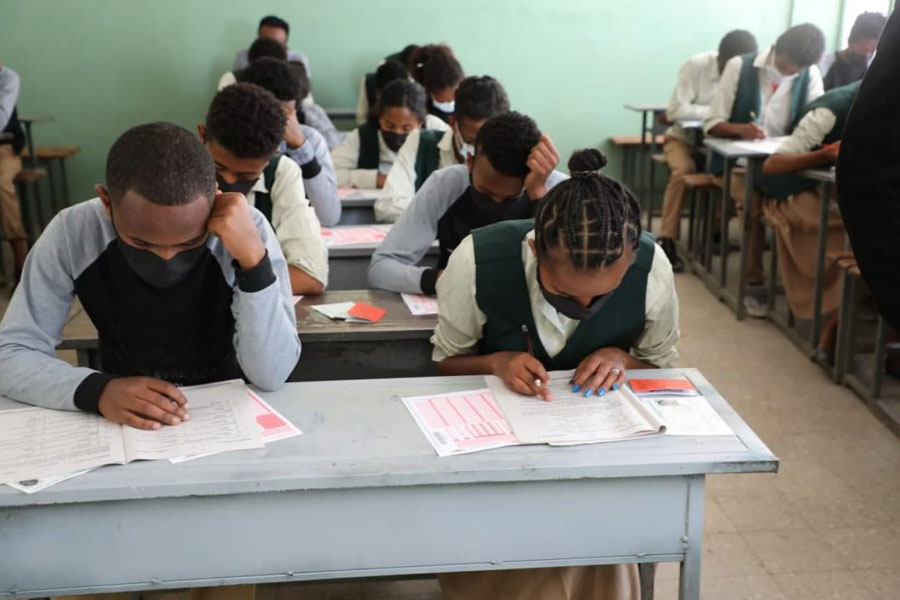
Fortune News | Mar 19,2022
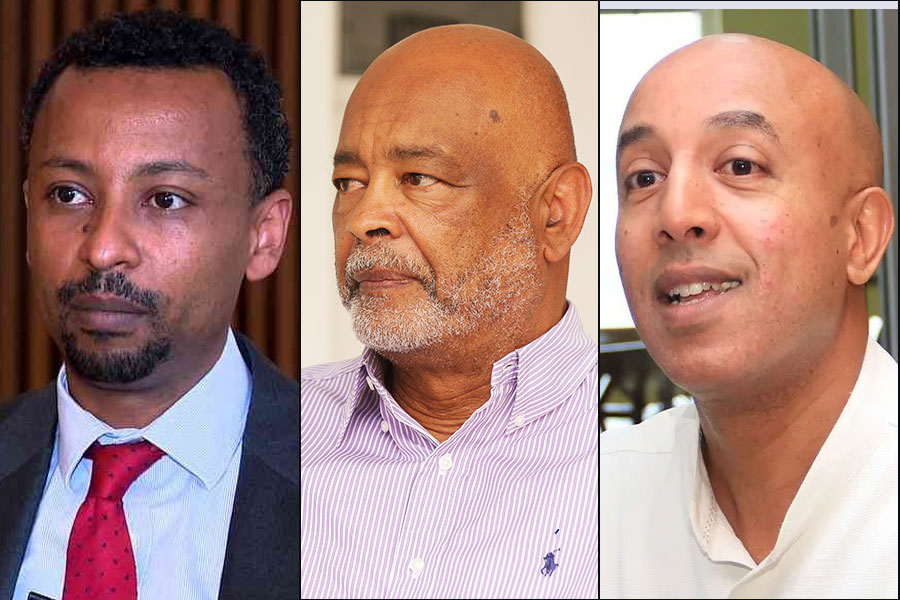
Fortune News | Feb 04,2023

Fortune News | Oct 17,2020

Dec 22 , 2024 . By TIZITA SHEWAFERAW
Charged with transforming colossal state-owned enterprises into modern and competitiv...

Aug 18 , 2024 . By AKSAH ITALO
Although predictable Yonas Zerihun's job in the ride-hailing service is not immune to...

Jul 28 , 2024 . By TIZITA SHEWAFERAW
Unhabitual, perhaps too many, Samuel Gebreyohannes, 38, used to occasionally enjoy a couple of beers at breakfast. However, he recently swit...

Jul 13 , 2024 . By AKSAH ITALO
Investors who rely on tractors, trucks, and field vehicles for commuting, transporting commodities, and f...

Oct 25 , 2025
The regulatory machinery is on overdrive. In only two years, no fewer than 35 new pro...

Oct 18 , 2025
The political establishment, notably the ruling party and its top brass, has become p...

Oct 11 , 2025
Ladislas Farago, a roving Associated Press (AP) correspondent, arrived in Ethiopia in...

Oct 4 , 2025
Eyob Tekalegn (PhD) had been in the Governor's chair for only weeks when, on Septembe...